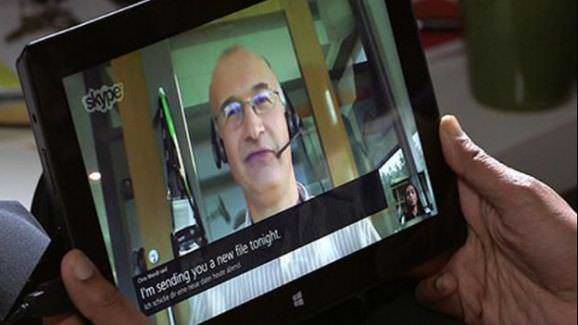Navigating Marriage Certificates from Brazil: What You Need to Know
Posted on:
Marriage is a milestone that affects many aspects of life, from taxes to immigration status and even academic aid. If you’re dealing with a marriage certificate from Brazil while living abroad or using a foreign marriage certificate in Brazil, here’s a streamlined guide to help you through the process.
When You Need a Marriage Certificate from Brazil
There are several situations where you might need to present your original Brazilian marriage certificate, here are just a few examples:
- Immigration: If you’re moving to a new country, like the United States.
- Education: Applying for financial aid or attending school abroad.
- Employment: Proving tax status for a job in a foreign country.
- Marriage Abroad: If you’re still legally married in Brazil and, or planning to marry someone else in a different country.
- Divorce: To facilitate a divorce while living abroad so you can remarry.
Finding Your Marriage Certificate
Getting your marriage certificate from Brazil can be challenging, especially if it’s lost or damaged. You typically need the original copy, which involves:
- Visiting the Civil Registry: Go to the registry in the state where you were married. Note that many registries are still working with paper records, though some are starting to offer online services.
- Hiring a Representative: To streamline this process, consider hiring a service like ours. We can assist you in obtaining your documents quickly and efficiently.
Common Questions
Are foreign marriage certificates valid in Brazil?
Yes, if you marry abroad, Brazil will recognize your marriage. However, you need to:
- Transcribe the Marriage: Have it transcribed at a Brazilian consulate or embassy.
- Select a Marriage Regime: Choose the appropriate regime for your marriage.
- Register in Brazil: Record the marriage and its transcription in a Brazilian registry.
Do I need to register my Brazilian marriage in the U.S.?
The U.S. doesn’t have a national marriage registry, so you generally don’t need to report your Brazilian marriage unless for specific reasons like immigration or legal matters.
How long does naturalization take through marriage?
With a marriage-based green card, you can apply for U.S. citizenship after three years. For marriages that took place abroad, you’ll need a new marriage certificate to be issued with an apostille and then have everything translated into English by a certified translation company like ours.
Can I order a marriage certificate from abroad?
Many Brazilian registries still operate offline and won’t ship documents internationally.
Do I need to translate my marriage certificate?
If your marriage took place abroad, you will need a new marriage certificate to be issued with an apostille and then have everything translated into English by a certified translation company.
How do I get my marriage certificate translated?
- Select a Certified Translator: Choose an internationally recognized service that offers legal document translations.
- Submit Your Document: Upload a clear scan of your marriage certificate online or send it via email or visit the translation company office in person to order your translation.
- Get a Quote: Translation costs typically range from $40 to $60 per page, with options for larger volumes.
- Receive Your Translation: Get a certified translation, either digitally or as a hard copy.
- Check Local Requirements: Verify if additional steps like notarization are needed based on where you’ll use the translation.
How long does it take to get my marriage certificate translated into English?
The time required to translate a marriage certificate into English typically ranges from 1 to 3 business days depending on the complexity and length of the document. Additional time may be needed if Notarization is required.
Can I translate my marriage certificate myself?
No, You should get your document translated by a Certified Translator or Certified translation company. The certified translator or The Translation company should include stamps, a signed statement confirming the translation’s accuracy in order to be accepted.
Can I order my marriage certificate translation online?
Obtaining high-quality translations for your marriage certificate has never been easier. With many online services available, you can now request and receive translations from the comfort of your home. Simply contact a service provider via phone or email to start your project, and their team will assist you throughout the process.
How much does it cost to get my Brazilian Marriage certificate translated into English?
Pricing for Marriage certificate translations typically ranges from $40 to $60 per page, depending on the complexity and length of the document. If you have a larger volume of text, you can negotiate with your translators or get a price per word instead.
How We Can Help
At The Translation Company, we specialize in providing certified translation services to help with your apostille process for international documents. Whether you need a Brazilian marriage certificate translated or assistance with any other documentation, we’re here to simplify the process for you.
Ready to get started? Visit our website or reach out for a quote today, and let us handle the details while you focus on your next big step.
How To Get Started
Free Quote
sales@thetranslationcompany.com
800.725.6498
#1 Contact us to get a free quote or questions answered, or
#2 Upload your files for an instant translation quote, or
#3 Schedule a free Zoom meeting with our team now.




